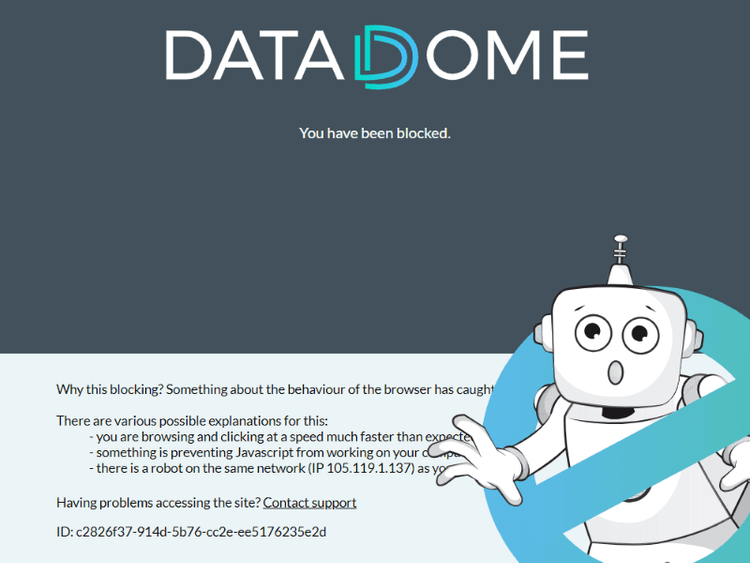The simplest explanation is that OP doesn’t have good opsec, and got a few tracking cookies after deleting cookies, before setting up their proxy/VPN. Then, on the VPN, the advertiser recognized their VPN IP address, and chose to exclude that from generating location data, deferring instead to the location indicated in their existing tracking cookies.
Privacy is hard. The system is rigged against privacy. You have to do everything perfectly, because one simple mistake could leak your IP address.








Try to get as much as possible off Windows. You can transfer the remaining Windows-only programs to a virtual machine in snapshot mode, or if necessary, a real machine with a backed up image, that you can reimage regularly.
Not everyone can get off Windows. But get as much as you can. Isolate what’s left.